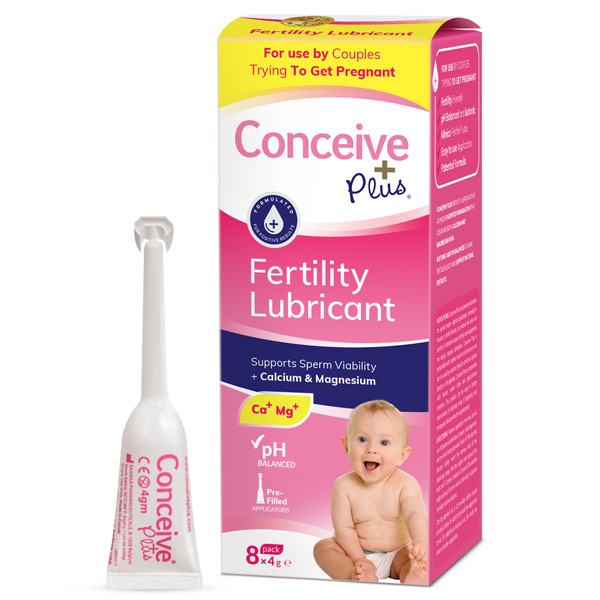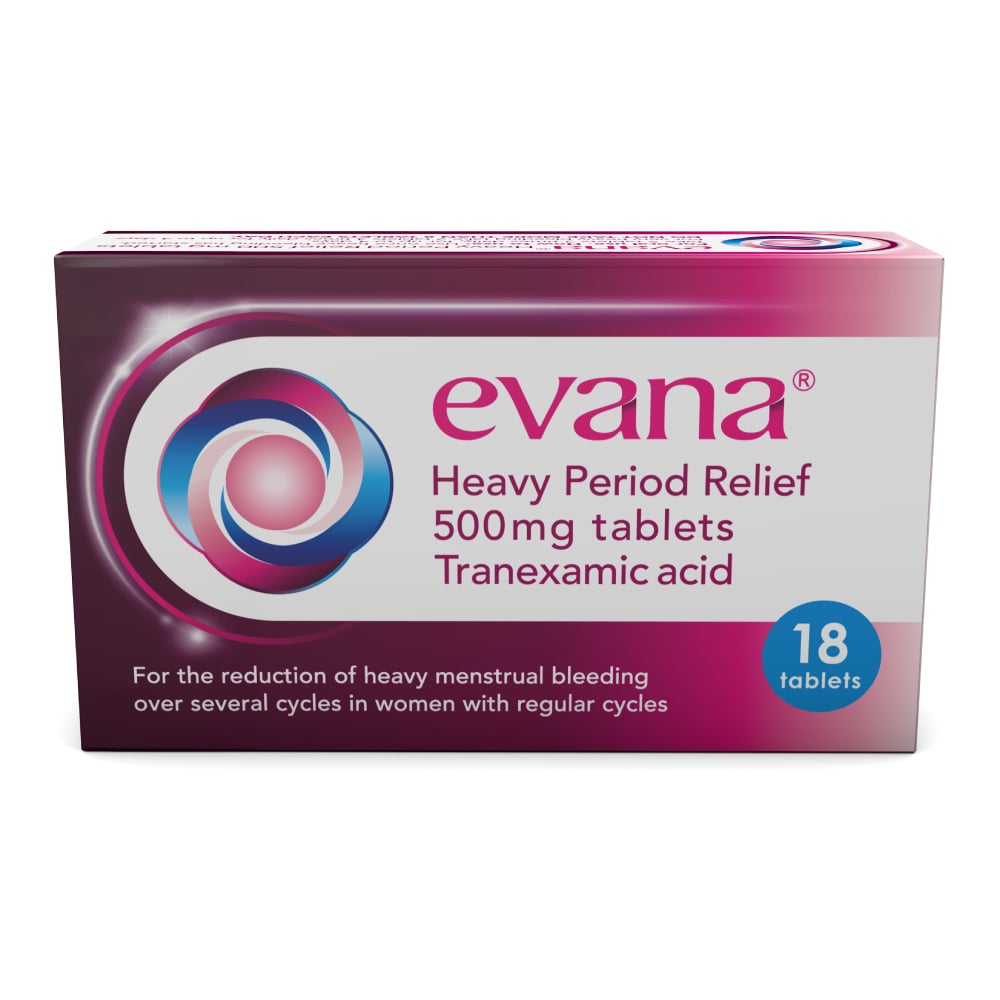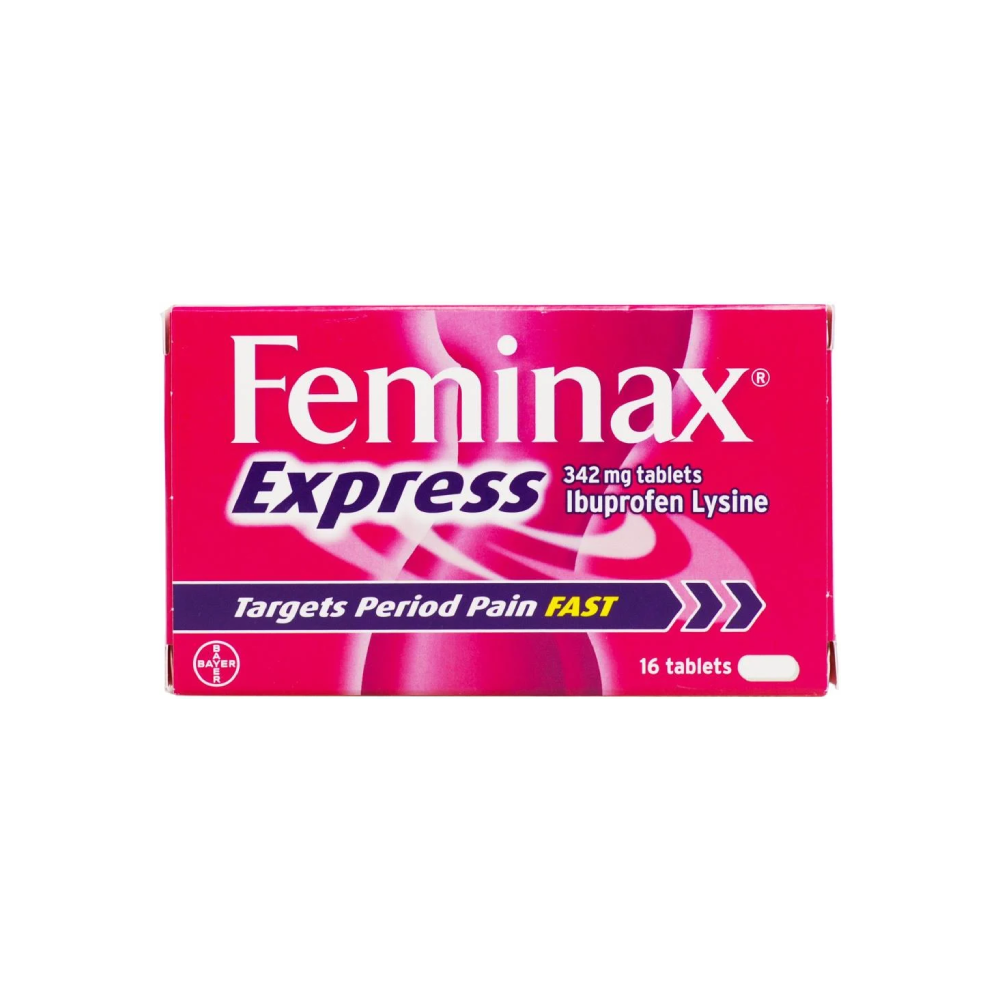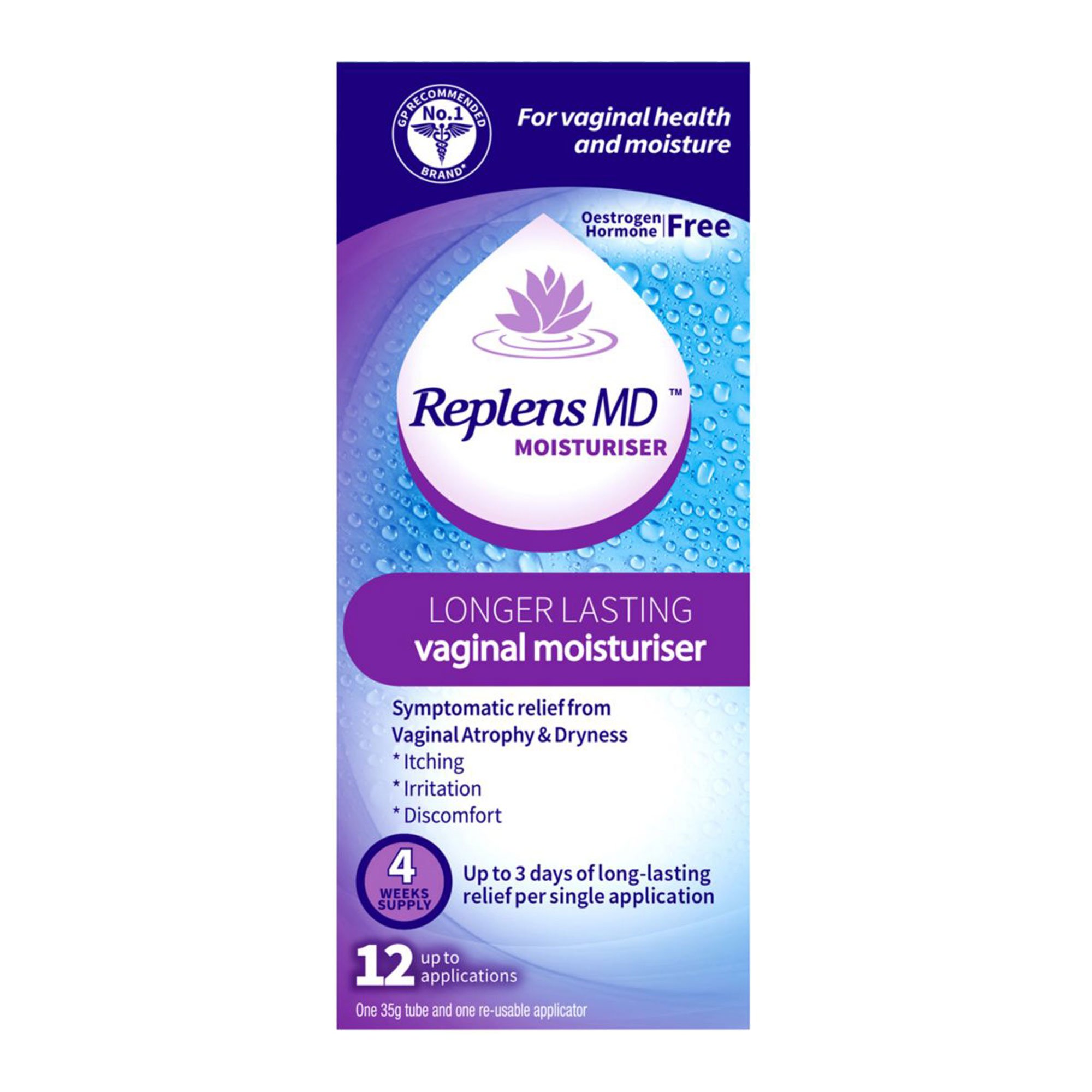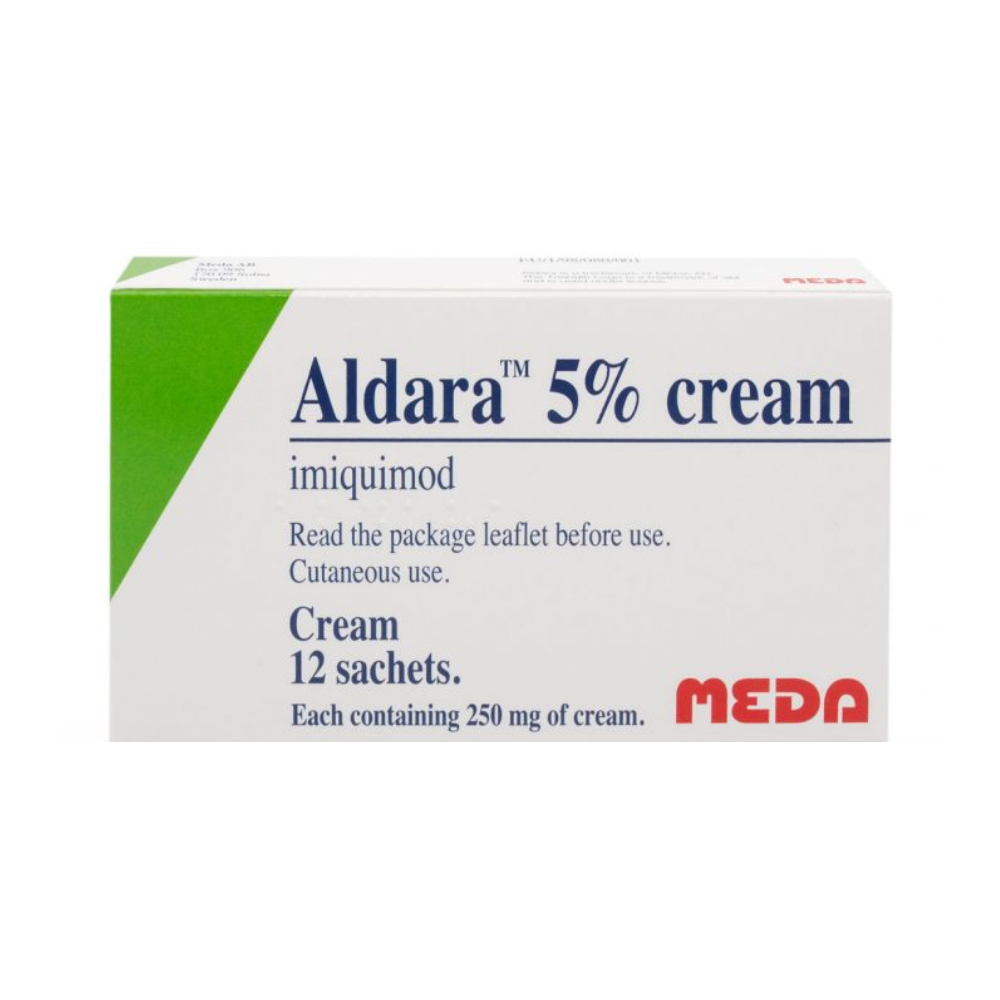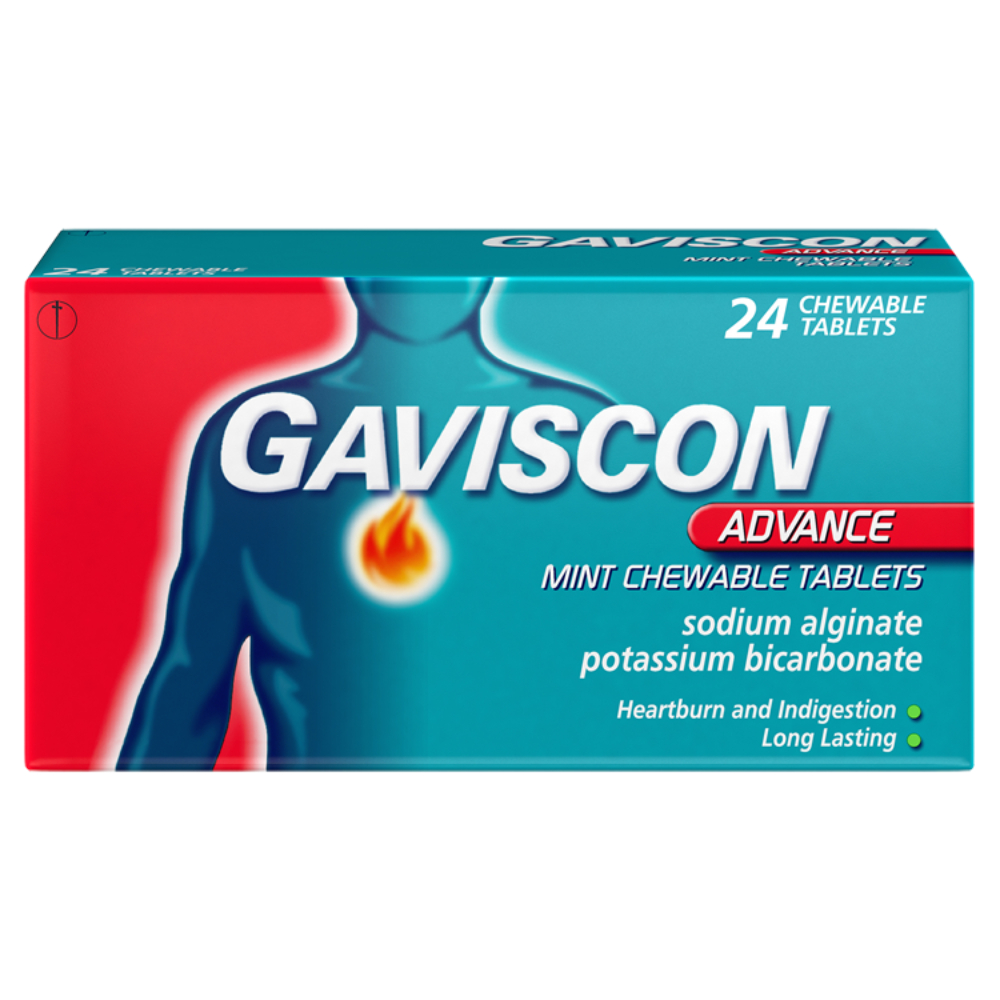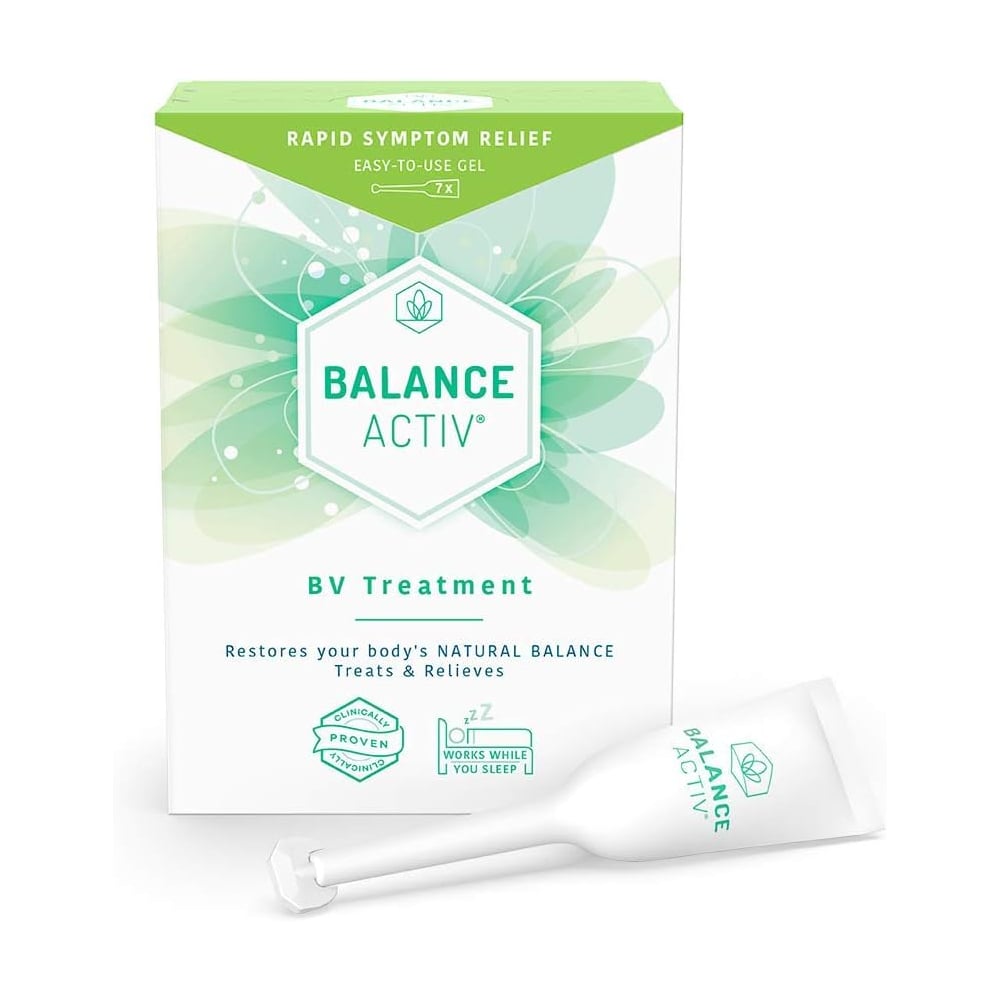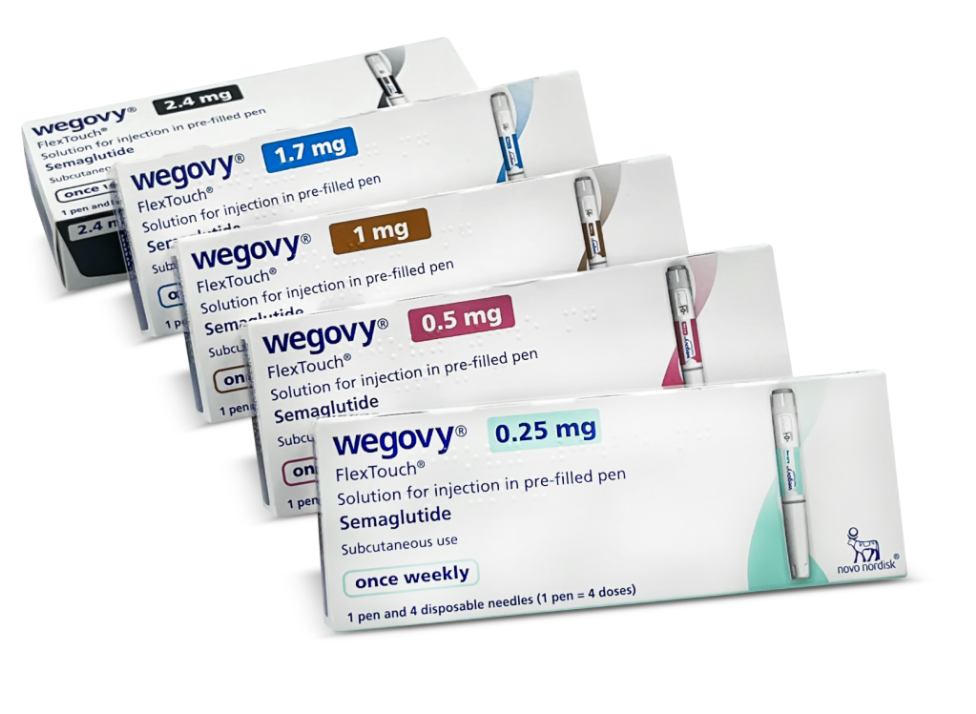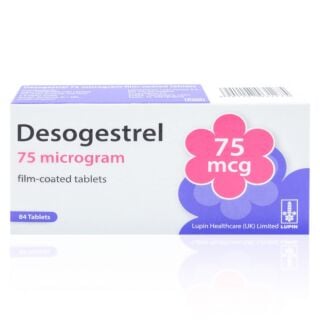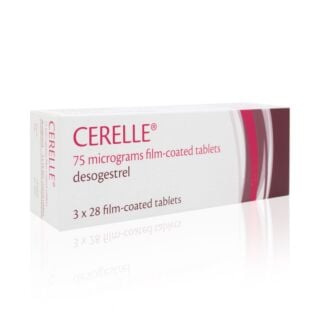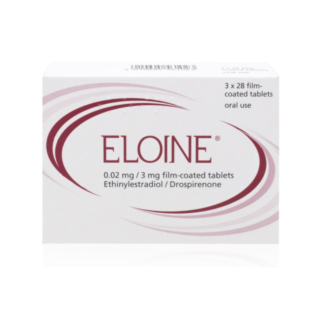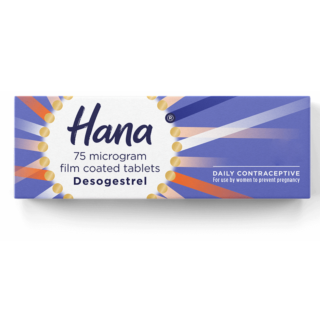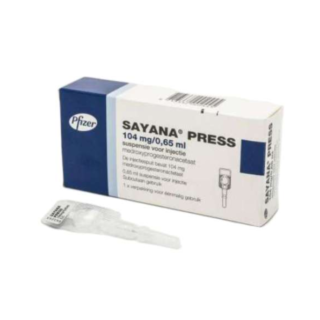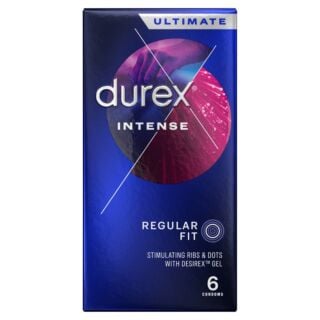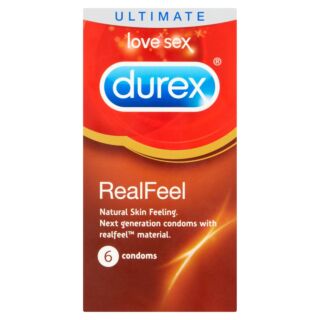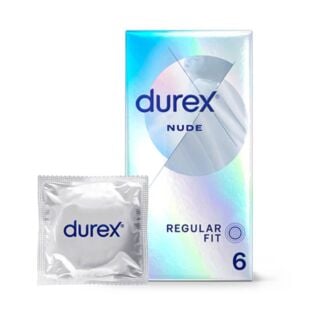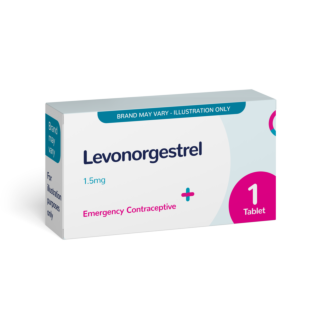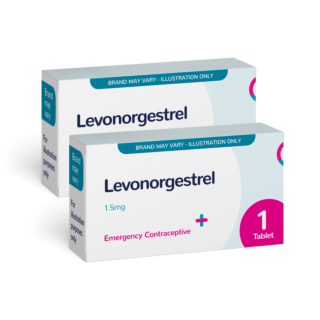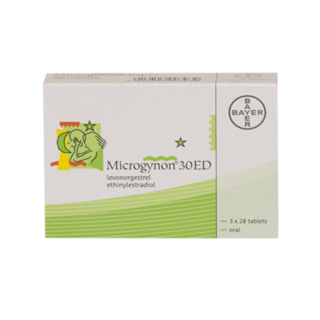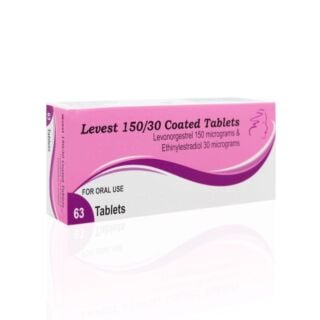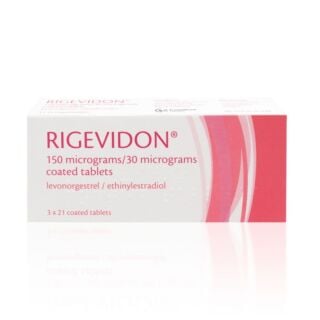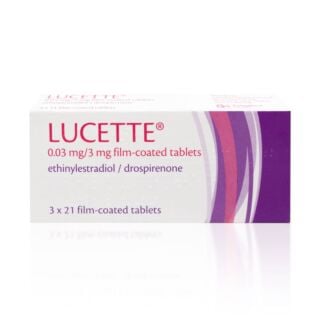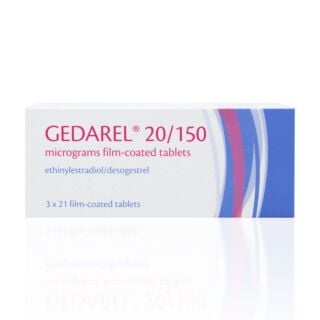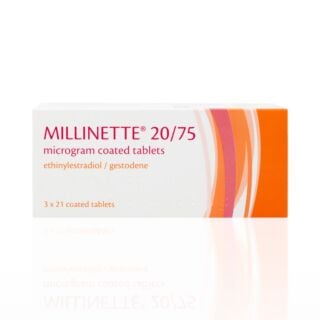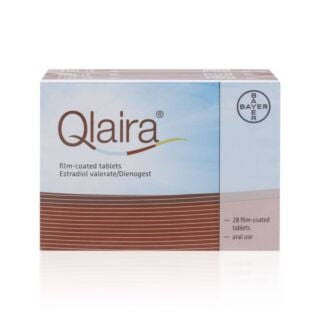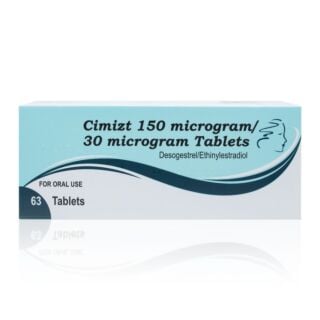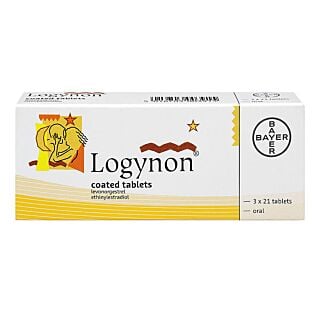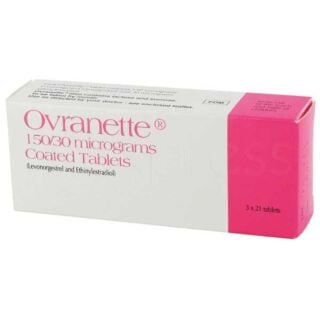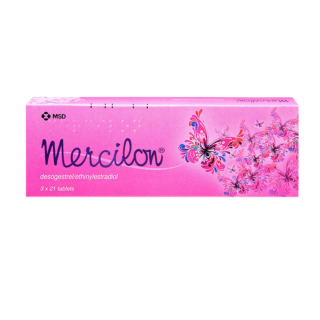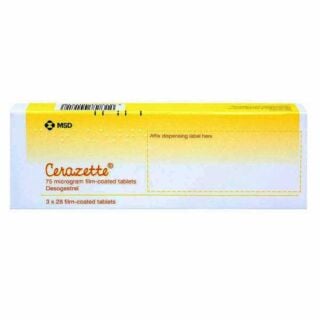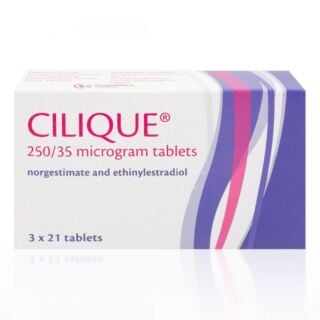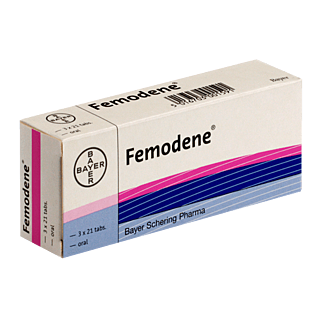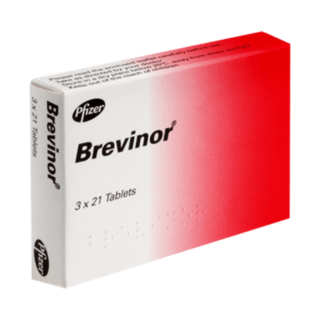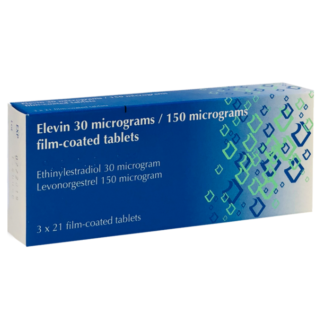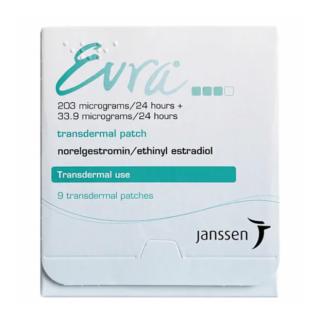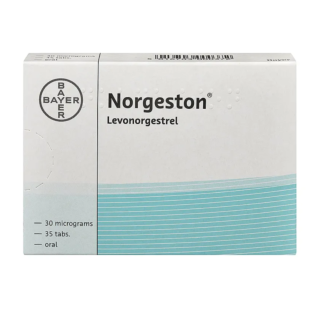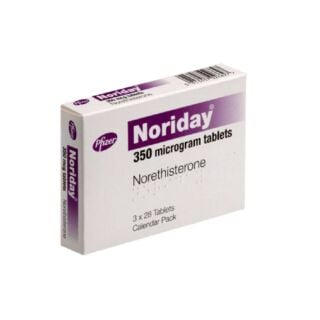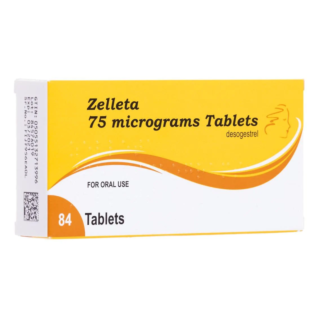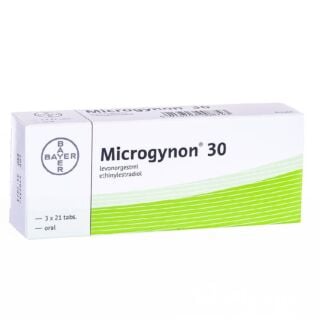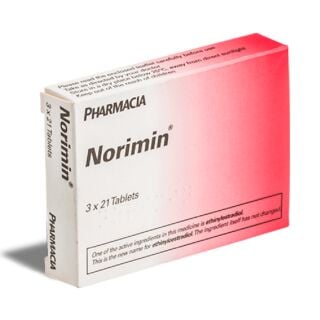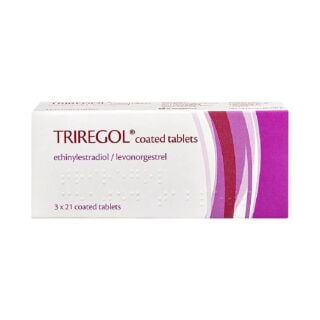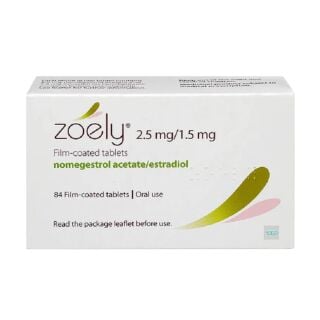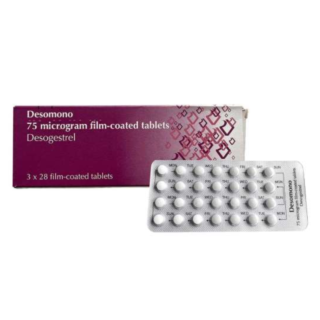Contraception
There are all sorts of reasons to use contraception other than to avoid pregnancy. For example, you may be prescribed the contraceptive pill to treat a range of hormonal conditions, like polycystic ovary syndrome.1 Or you may want to use condoms so you can protect yourself and your sexual partner(s) from sexually transmitted infections (STIs).2 … Read More See less
However, on this page we’re going to focus on using contraception for the purposes of preventing a pregnancy. Because there are a lot of different types of contraception out there, from contraceptive tablets to male and female condoms. So it can be confusing trying to work out which method is right for you.
So, let’s explore what options are available and give you the information you need to understand which type of contraception is right for you.
What is contraception?
Contraception is any form of device, medication or procedure used to prevent a pregnancy occurring due to sexual intercourse.3 It enables anyone with the ability to get pregnant to take control of their reproductive health and family planning.3
Different methods of contraception prevent pregnancy by inhibiting conception or interrupting implantation and growth.3 This may be achieved by physically blocking the exchange of bodily fluids or by hormonally disrupting the menstrual cycle.3 No matter which method you choose, however, contraception only works if you use it correctly and consistently.4
Where to get contraception?
If you live in the UK, you can get contraception, including emergency contraception, using the free NHS contraception service5, including:
- Sexual health clinics
- GP surgeries
- Some young people's services
You can also get contraception for free, with full confidentiality, if you are under the age of 16.
During a contraceptive consultation, you will be informed of the different options available and advised as to which one might be right for you. You may then be given a prescription, if needed, for a particular method, such as the contraceptive pill.
However, some pharmacies can provide contraceptive tablets, such as the progestogen-only pill (mini pill), without a prescription.5
Methods of contraception
Let’s discuss which methods of contraception are available, including barrier methods and hormonal methods, how they’re used and how well they work.4,6
Barrier methods
Male condom
External male condoms are made from very thin latex (rubber), polyurethane (soft plastic) or polyisoprene and designed to fit over an erect penis before vaginal, anal or oral sex.7,8 The condom forms a barrier that prevents semen from getting into the vagina.9
You need to use a new condom every time you have sex and only use one condom at a time.7 If used correctly, male condoms are up to 98% effective at preventing pregnancy.7 If used incorrectly, they’re only 82% effective.7 Incorrect use includes:7
- Putting a condom on after the penis has touched the vagina
- A condom splitting or coming off during sex
Internal (female) condom
Internal condoms are made from synthetic rubber and worn inside the vagina to prevent sperm from getting to the womb.8,10,11
Like male condoms, you need to use a new condom every time you have sex and only use one condom at a time.10 If used correctly, internal condoms are up to 95% effective at preventing pregnancy.10 If used incorrectly, they’re only 79% effective.10 Incorrect use includes:10,11
- Inserting an internal condom after the penis has touched the vagina
- An internal condom splitting or moving out of place during sex
- The penis entering the vagina between the condom and the side of the vagina
Diaphragm or cap
Diaphragms and caps are soft, circular domes made of thin silicone or latex.12,13 They are inserted into the vagina before sex and cover the cervix so that sperm can’t enter the womb. 12,13 They need to be used with spermicide (a gel, foam or cream that kills sperm).12,13 Without spermicide, diaphragms and caps are less effective.12,13
You must leave a diaphragm in for at least six hours after sex and can leave it in for up to 30 hours.13 After being removed, it can be washed and reused (unless it is damaged).13
If used correctly with spermicide, a diaphragm is 92 to 96% effective at preventing pregnancy.13 A nurse can show you how to correctly place a diaphragm so that it works properly.13
Hormonal methods
Combined contraceptive pill
The combined contraceptive pill contains both oestrogen and progestogen to:14
- Stop you releasing an egg (ovulating)
- Make it difficult for sperm to get to an egg
- Thin the womb lining, so an egg is less likely to attach to it
You need to take your combined birth control tablets at the same time every day, though there are different types of combined contraceptive pill that need to be taken in slightly different ways:14
- Monophasic 21-day pills – one pill is taken every day for 21 days and you can either take no pills for the next seven days to facilitate a bleed or continue taking the pill to prevent a bleed. Examples include microgynon, rigevidon and brevinor
- Phasic 21-day pills – each pack contains two or three sections of different coloured pills, indicating different amounts of hormones. These pills need to be taken in the right order, with one pill taken each day for 21 days and no pills taken for the next seven days. Examples include synphase and logynon
- Every day (ED) pills – these refer to specific types of monophasic and phasic pills that are taken each day for 28 days with no break so that you never bleed. Examples include Microgynon ED and Logynon ED.
If taken correctly, the combined contraceptive pill is over 99% effective at preventing pregnancy.14
Progestogen-only pill (mini pill)
The mini pill releases progestogen to:15
- Stop you releasing an egg (ovulating)
- Make it difficult for sperm to get to an egg
- Thin the womb lining, so an egg is less likely to attach to it
You need to take the progestogen-only pill at the same time every day, without any breaks.15 There are different types of progestogen-only birth pills:15
- 3-hour progestogen-only pill – each pill must be taken within three hours of the same time each day. Examples include Norgeston and Noriday
- 12-hour progestogen-only pill – each pill must be taken within 12 hours of the same time each day. Examples include Cerazette
If taken correctly, the mini pill is over 99% effective at preventing pregnancy.15
Intrauterine device (IUD) or copper coil
A copper intrauterine device (IUD), or copper coil, is a small T-shaped plastic and copper device.16 It prevents pregnancy by releasing copper into the womb to:16
- Make it difficult for sperm to get to an egg
- Thin the womb lining, so an egg is less likely to attach to it
An IUD is inserted, via the cervix, into your womb (uterus) by a doctor or nurse.16 This can be uncomfortable or painful and cause cramps or bleeding for a few days afterwards.16 Once fitted, an IUD works for between five to ten years.16
Some types of IUD have more copper than others.16 Those with more copper are more than 99% effective, but those with less copper are less effective.16
Intrauterine system (IUS)
An intrauterine system (IUS) is a small T-shaped plastic device.17 It prevents pregnancy by releasing progestogen to:17
- Stop you releasing an egg (ovulating)
- Make it difficult for sperm to get to an egg
- Thin the womb lining, so an egg is less likely to attach to it
An IUS is inserted, via the cervix, into your womb (uterus) by a doctor or nurse.17 This can be uncomfortable or painful and cause cramps afterwards.17 Once fitted, an IUS works for between three to eight years.17
Brand names include Mirena, Levosert, Kyleena, Jaydess and Benilexa.18 An IUS is typically more than 99% effective at preventing pregnancy.17
Contraceptive implant
The contraceptive implant is a small flexible rod made out of plastic.19 It prevents pregnancy by releasing progestogen to:19
- Stop you releasing an egg (ovulating)
- Make it difficult for sperm to get to an egg
- Thin the womb lining, so an egg is less likely to attach to it
The implant is inserted under the skin on the inside of your upper arm.19 The area is numbed using a local anaesthetic, so it just feels like having an injection.19 Once inserted, the implant works for up to three years.
The brand name of the contraceptive implant is Nexplanon. If inserted correctly, the implant is more than 99% effective at preventing pregnancy.
Contraceptive injection
The contraceptive injection prevents pregnancy by releasing progestogen to:20
- Stop you releasing an egg (ovulating)
- Make it difficult for sperm to get to an egg
- Thin the womb lining, so an egg is less likely to attach to it
There are three types of contraceptive injection used in the UK:20
- Depo-Provera – this injection is usually given in your bum by a doctor or nurse and lasts for 13 weeks
- Sayana Press – you normally learn how to administer this injection yourself in your lower tummy or the front of your thigh. It lasts for 13 weeks
- Noristerat – this injection is usually given in your bum by a doctor or nurse and lasts for eight weeks. Sometimes you may have this injection in your upper arm. It’s usually only used to help prevent a pregnancy for short periods of time, such as if you’re waiting for your partner to have a vasectomy
If used correctly, the contraceptive injection is more than 99% effective at preventing pregnancy.20
Contraceptive patch
The contraceptive patch looks like a square plaster and can be applied anywhere on your body.21 It contains both oestrogen and progestogen to:21
- Stop you releasing an egg (ovulating)
- Make it difficult for sperm to get to an egg
- Thin the womb lining, so an egg is less likely to attach to it
You should wear a patch for seven days at a time and replace it every eighth day.21 Repeat this process for three weeks before having a patch-free week so that you can bleed.21
The brand name of the contraceptive patch is Evra.21 If used correctly, the birth control patch is more than 99% effective at preventing pregnancy.21
Vaginal ring
The vaginal ring is a small, soft plastic ring that’s placed inside your vagina.22 It contains both oestrogen and progestogen to:22
- Stop you releasing an egg (ovulating)
- Make it difficult for sperm to get to an egg
- Thin the womb lining, so an egg is less likely to attach to it
You place the ring into your vagina and leave it for 21 days.22 You then then remove it for 7 days so that you can bleed, before inserting a new ring.22 You and your partner may feel the ring during sex, but this isn’t anything to be concerned about.22
If used correctly, the vaginal ring is more than 99% effective at preventing pregnancy.22
Emergency (morning after) pill
The emergency contraceptive (EC) pill is only designed to be used if you’ve had unprotected sex, missed a pill or a condom has burst during sex.23 It works by preventing a woman from releasing an egg (ovulation).23
There are two main EC pills:
- Levonelle – this needs to be taken within 72 hours (three days) of having unprotected sex
- ellaOne – this needs to be taken within 120 hours (five days) of having unprotected sex
ellaOne is thought to be more effective than Levonelle.23 Whichever brand you choose, the sooner you take the morning after pill, the more effective it is.24
Find out more about emergency contraception, how it works and where you can get it.
How to choose which method of contraception is right for you
When considering which form of contraception is right for you, you should consider the following factors:4,25–27
- How easy you’re likely to find it to use
- How effective it is at preventing pregnancy when used correctly (and whether you will be able to use it correctly)
- Whether you also need protection from STIs
- Any side effects (hormonal contraception may produce the most side effects, such as headaches, nausea, mood swings, weight gain, sore breasts and acne)
- How it will affect your periods (for example, whether it may make them lighter or less painful)
- Whether you want to get pregnant in the foreseeable future
- How often you have sex and how many sexual partners you have
- Your need for privacy (whether you need to keep your birth control method a secret)
- Whether there are any benefits you want, such as having more predictable menstrual cycles
Find out more about the side effects of the contraceptive pill today.
Sources
- https://www.nhs.uk/conditions/polycystic-ovary-syndrome-pcos/treatment/
- https://www.nhsinform.scot/campaigns/how-to-prevent-stis/#:~:text=The%20best%20way%20to%20reduce,based%20or%20silicon%2Dbased%20lubricant.
- https://www.ncbi.nlm.nih.gov/books/NBK536949/
- https://www.nhs.uk/contraception/where-to-get-contraception/
- https://www.nhs.uk/contraception/where-to-get-contraception/
- https://www.nhs.uk/contraception/methods-of-contraception/
- https://www.nhs.uk/contraception/methods-of-contraception/condoms/
- https://www.letstalkaboutit.nhs.uk/contraception
- https://www.nhsinform.scot/healthy-living/contraception/condoms
- https://www.nhs.uk/contraception/methods-of-contraception/internal-condoms/
- https://www.nhsinform.scot/healthy-living/contraception/internal-condoms
- https://www.nhs.uk/contraception/methods-of-contraception/contraceptive-diaphragm-or-cap/what-is-it/
- https://www.nhsinform.scot/healthy-living/contraception/diaphragm
- https://www.nhsinform.scot/healthy-living/contraception/combined-pill/
- https://www.nhsinform.scot/healthy-living/contraception/progestogen-only-pill-mini-pill/
- https://www.nhsinform.scot/healthy-living/contraception/copper-coil-iud/
- https://www.nhsinform.scot/healthy-living/contraception/ius-intrauterine-system/
- https://www.nhs.uk/contraception/methods-of-contraception/ius-hormonal-coil/
- https://www.nhsinform.scot/healthy-living/contraception/contraceptive-implant/
- https://www.nhsinform.scot/healthy-living/contraception/contraceptive-injection/
- https://www.nhsinform.scot/healthy-living/contraception/contraceptive-patch/
- https://www.nhsinform.scot/healthy-living/contraception/vaginal-ring/#:~:text=A%20vaginal%20ring%20prevents%20pregnancy,egg%20will%20attach%20to%20it
- https://www.nhsinform.scot/healthy-living/contraception/emergency-contraception/
- https://www.shl.uk/contraception/emergency-contraceptive-pill
- https://www.nhs.uk/contraception/choosing-contraception/
- https://www.nhs.uk/contraception/choosing-contraception/side-effects-and-risks-of-hormonal-contraception/
- https://www.nhs.uk/contraception/choosing-contraception/effects-on-periods/

Free delivery when you spend over £39

100% discreet delivery for every item ordered

Fully regulated UK pharmacy
Can the pill be used to treat acne?
Combined contraceptive pills are not specific treatments for acne.
However, some doctors will prescribe a combined contraceptive pill to women who suffer from hormonal acne, as there does seem to be a beneficial effect.
This is only the case with combined contraceptive pills, not progestogen-only mini-pills.
It can take around 2-3 months of taking the pill before you may notice any effect on your acne.
Can I use this pill for acne, period control, and other issues that are not related to contraception?
Combined pills like this one are often prescribed to help you manage other conditions as well as provide a reliable method of contraception.
As this treatment affects your hormones, it can have a positive effect on several other medical conditions, including:
- Acne
- Heavy periods
- Irregular periods
- Period pain
- PMS (premenstrual syndrome)
- Symptoms of endometriosis
Can I start a new form of contraception through the NHS Pharmacy Contraceptive Service (PCS)? Can I choose which one?
Yes, you can access a new form of contraception through this service. After your consultation, the prescriber will review your details and consider your preference, but it depends on whether your preferred contraceptive is right for you.
Do antibiotics affect the contraceptive pill’s effectiveness?
Yes, certain antibiotics and other prescription medicines can reduce the effectiveness of your contraceptive pill, putting you at a higher risk of becoming pregnant.
Always tell your doctor or pharmacist if you’re taking the contraceptive pill when you’re prescribed new medication.
If your pill is affected, use a barrier method of contraception like a condom until your medication has stopped
How do I access the NHS Pharmacy Contraceptive Service (PCS)?
If you're under 54, live in England and are eligible for NHS services, you can access the contraceptive pill for free through us at Chemist4U. Simply click ‘Start Contraception Consultation’ to get started.
After you’ve completed the consultation, one of our prescribers will review your details and give you a phone call to discuss this further. Once you're both happy, we'll post out your prescription. As always, the packaging will be discreet.
Is the NHS Pharmacy Contraceptive Service (PCS) free?
Yes, if you live in England and qualify for free NHS prescriptions, the contraceptives provided will be free of charge. If not, you can still access this service, but it will come with a fee.
What is the NHS Pharmacy Contraceptive Service (PCS)?
The NHS has introduced a new service that allows individuals to access their regular oral contraception directly from pharmacies without needing to see their GP. Even better, this service is available through both online and in-store pharmacies.
The NHS Pharmacy Contraceptive Service aims to increase contraceptive access while reducing demand for primary care and sexual health clinics.
Who can use the NHS Pharmacy Contraceptive Service (PCS)?
If you're under 54, live in England, and use one of these contraceptives, you may be eligible to receive your regular contraceptive pill free of charge without needing to see your GP or nurse practitioner.
The service is designed for those who already use oral contraceptives and need easy access to ongoing prescriptions. However, those looking to start oral contraception can also access this service, too.
What types of contraception are available with the NHS Pharmacy Contraceptive Service (PCS)?
The NHS Pharmacy Contraceptive Service offers all types of oral contraceptives (combined and progestogen-only). If the pill you need is available through the NHS, you can access it through this service.
What is the link between the combined contraceptive pill and blood clots?
Using a combined contraceptive pill can increase your risk of developing a blood clot.
Whilst still rare, the risk is highest during the first year of taking the pill, and you should be aware of the symptoms.
Seek emergency medical attention if you experience any of the following symptoms:
- Throbbing or cramping pain, swelling, redness and warmth in your leg or arm
- Sudden breathlessness, sharp chest pain and a cough or coughing up blood
For further information on the link between the combined contraceptive pill and blood clots, as well as more symptoms to look out for, refer to the patient information leaflet.
I’ve just had a baby, how long should I wait before taking the contraceptive pill?
If you’ve just had a baby then you might be able to start taking the combined contraceptive pill again as soon as 21 days after you gave birth.
However, this will depend on your personal circumstances, so you should always speak to your doctor before starting the pill after pregnancy.
If they give you the all-clear to start taking the pill and start taking them on day 21 then you will be protected from pregnancy right away.
If you start taking the pill after the 21st day then you should use a condom or other method of additional contraception for the next 7 days to make sure that you don’t become pregnant again.
What is the difference between the mini pill and the combined pill?
The biggest difference between the mini-pill and the combined pill is that the mini-pill only contains progestogen, whereas the combined pill contains both oestrogen and progestogen.
The standard method of taking the combined pill is taking the pill every day for 21 days before having a break from the pill for 7 days, which will allow a bleed, like a period.
With the mini-pill, you take the pill every day without a break.
Both the mini pill and the combined pill are over 99% effective when taken correctly.
Whichever contraceptive pill you choose, it is important to take the pill around the same time every day.
If you vomit or have diarrhoea, this may reduce the effectiveness of the pill, so it is important to use another form of contraception.
What should I do if I miss a pill?
If you’re less than 24 hours late in taking a pill, your protection from pregnancy won’t be reduced.
If you’re more than 24 hours late, you will have to use a barrier method of contraception.
The more pills you miss, the greater your risk of becoming pregnant.
Take the forgotten tablet as soon as you remember, even if that means you have to take two at the same time, and use an extra method of contraception for the next 7 days.
If you are sick or have severe diarrhoea within 3-4 hours of taking the pill, your body may not have absorbed the active substances in the pill.
If you can’t manage to take a spare pill within 24 hours of vomiting or having severe diarrhoea, you should follow the instructions on what to do in the event of a missed pill.
Can the pill increase the risk of breast cancer?
Breast cancer has been found slightly more often in women who take a contraceptive pill compared to women who don’t.
Once you stop taking the pill, the risk gradually decreases and 10 years after stopping the pill the risk will be the same as someone who has never taken a contraceptive pill.
Breast cancer is still rare for anyone under the age of 40, even in women who take the pill.
Can I use the contraceptive pill if I’m transgender?
There are many reasons why transgender people may need to use a contraceptive pill, whether this is for birth control or for one of the other benefits that hormonal contraception may offer.
For example, transgender people who have periods may need to use the pill to manage heavy or irregular periods.
However, it is important to be aware that people who were assigned male at birth and therefore can not menstruate should not take this medication.
If you are a transgender person and are unsure whether you should use the contraceptive pill, we’d recommend speaking to your doctor, transgender specialist, or healthcare team.
They’ll be able to take your specific circumstances into account and prescribe hormonal contraception if it’s the right treatment for you.
Does the contraceptive pill cause mood swings?
Some people who take the contraceptive pill and other hormonal contraceptives find that they experience mood changes, especially depressive symptoms.
If you suffer from depression you should tell your doctor about this during your initial consultation so they will be able to help you make the best possible decision about your contraceptive needs.
If you are taking the pill and find that you start to experience depression, especially serious depressive symptoms such as suicidal thoughts, you should speak to your doctor and ask for their advice.
Hormonal contraceptives may not be right for you and your doctor will be able to discuss other options with you.
What are the benefits of using the contraceptive pill?
The most obvious benefit of using the contraceptive pill is the very effective protection from pregnancy.
If you take the pills correctly your protection will be up to 99% effective and you’ll only have to take one pill a day, making this method convenient as well as effective.
Another benefit is how quick and easy it is to reverse the effects of this pill if you decide that you do want to get pregnant. You can simply stop taking Yasmin at any time and wait for your next period before trying to get pregnant.
However, we’d recommend speaking to your doctor before you stop taking this product or any other medication, just to be sure that you’re doing so safely.
Another benefit of taking birth control pills is that they can regulate irregular periods, help to reduce heavy periods, and can help to ease symptoms of PMS, such as painful cramps.
If you suffer from endometriosis, you may also find that the combined pill can help to ease your condition, although this should only be done under the supervision of your doctor.


